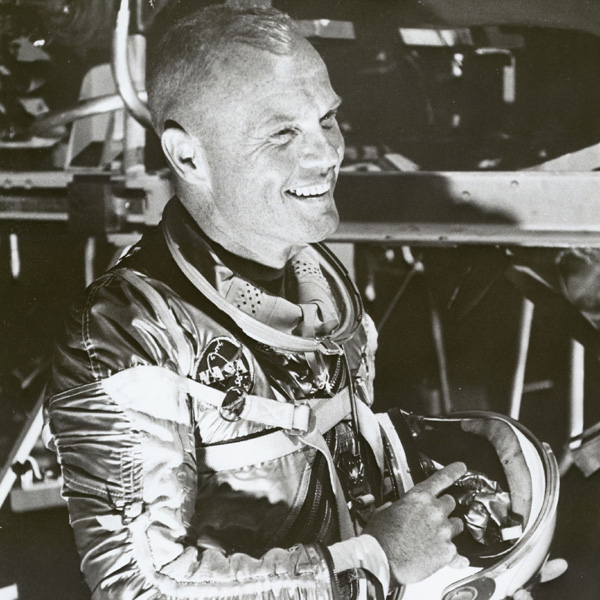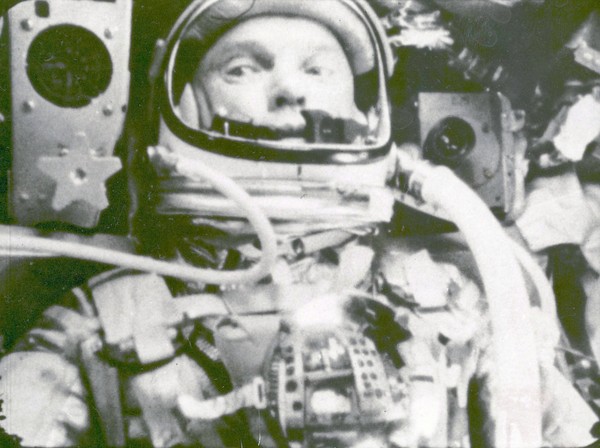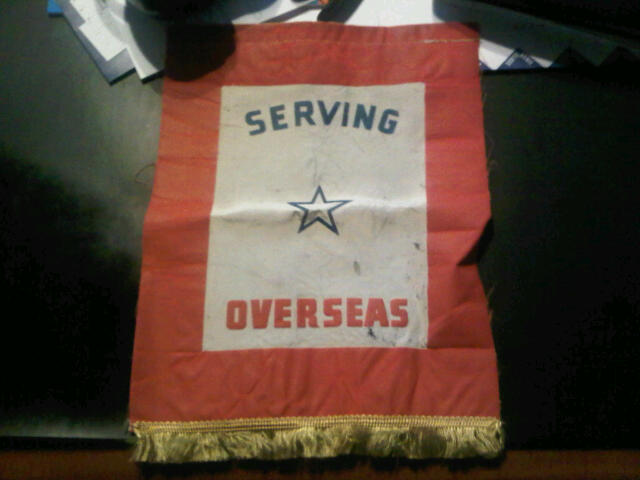He wasn't the first. He didn't go on to other space programs like Gus Grissom and Alan Shepard, who flew before him - instead, he left the space program in 1964. Why, then, does John Glenn stand out in pop culture? He stands out for the reason his critics dislike him; in an American space program, he was as American as it gets. He was an everyman who made good.
"The Right Stuff" book and film certainly helped his image in later years, like it helped most of them - a controversial take on Grissom being the exception. When he made his run at a Presidential campaign his handlers in the Democratic party were worried about how Ed Harris (actor) and Philip Kaufman(director) portrayed him - they thought the movie made him look like a 'moralizer', values being a real no-no in the world of progressive moral relativism. The Democratic party had changed a lot since Glenn's youth so being strong on defense and socially conservative while caring about people was less fashionable. It was only after the movie got rave reviews portraying Glenn as a religious, family-oriented, scientifically-minded patriot that his own supporters embraced those parts of his persona.
It's become fashionable to dismiss the accomplishments of America's early astronauts just like Glenn's detractors sneer(ed) at his values. They never fail to note he was not the first person to orbit the Earth. I respect Yuri Gagarin, I respect him a lot - if you have watched as one Russian space effort after another has been doomed to being a comedy of errors, you know that Gagarin's flight was far more dangerous than Glenn's in every way - but John Glenn did not climb atop a fireball because a bureaucrat told him to, he did it to be the best. In America, we could not send up a monkey in a Vostok 3KA-3 without someone protesting so Gagarin gets respect for risking his life. Glenn gets respect for all that plus having confidence in young people. American technology was dangerous but still superior - and America's space program was basically built by recent college graduates.
Recent college graduates also have plenty of detractors. Monica Lewinsky, she of the famous blue dress during the Clinton presidency, is back in the news because of a PBS program of the period. So we are treated to yet another account of how "Monica Lewsinky was just 23" and just out of college when her involvement with a president got him impeached. It's rather patronizing to be told by the media this young adult woman was old enough to vote and work in the White House and buy birth control yet too young to decide if she wanted to be involved with a married politician.
The engineers in the blockhouse when John Glenn took off were all in their early 20s and just out of college too. Despite claims that the 1960s (and apparently the White House from 1992-2000) were some misogynist wasteland for women, Lucy Rakov was a 24-year-old mathematician in the Mercury program - the coolest job in the country - and there were dozens of others just like her. They all had the right stuff. Age was not a factor and Glenn knew it.

Being 160 miles above Earth and traveling at 17,500 miles per hour was a magical thing to Americans. To test pilots, it was a little more routine, but Glenn's journey was dramatic. The autopilot failed and he took manual control of the orbits and then during his second orbit, it was discovered that the heat shield to protect the capsule during reentry was loose. The space program was new so it could just have been a bad signal but they had to assume the worst. The retropack that should have been jettisoned to slow the capsule during reentry was retained to hopefully keep the heat shield in place. Without a heat shield, Glenn would be a cinder.

Astronaut John Glenn photographed in space traveling at 17,500 mph, February 20, 1962
National Archives and Records Administration Records of the U.S. Information Agency
(NARA Still Pictures Reference 306-PSD-67-1647)
Here he is talking with the ground crew before the discovery:
Glenn: I want you to send a message to the Director, to the Commandant, U.S. Marine Corps, Washington. Tell him I have my 4 hours required flight time in for the month and request flight chit be established for me. Over.
Control: Roger. Will do.
Control: Think they'll pay it?
Glenn: I don't know. Gonna find out.
However, 40 minutes later:
Ground: This is Texas Cap Com, Friendship 7. We are recommending that you leave the retropackage on through the entire reentry. This means that you will have to override the 05g switch which is expected to occur at 04 43 _3. This also means that you will have to manually retract the scope. Do you read?
Glenn: This is Friendship 7. What is the reason for this? Do you have any reason? Over.
Ground: Not at this time; this is the judgement of Cape Flight.
That's it. He knew every possibility contained in that cryptic message. The big one was being burned to ash before he got near the ground. Was he worried? If so, it didn't show. When communication was finally re-established with the capsule after reentry, all he said was, "My condition is good; but, boy, that was a real fireball."
Who didn't want to be one of those guys?
Not everyone was impressed by Glenn, including people in his own state and political party. In the following decade, during the primary for an Ohio Senate seat, fellow Democrat Howard Metzenbaum touted his business record and said because Glenn had been in the military during World War II and Korea and then the space program afterward he had "never worked for a living." Glenn's reply came to be know as the "Gold Star Mother's speech", though he didn't plan it that way - he spoke from the heart and told Metzenbaum to visit a veterans' hospital and "look those men with mangled bodies in the eyes and tell them they didn't hold a job. You go with me to any Gold Star mother and you look her in the eye and tell her that her son did not hold a job."(1)
He may have been the wrong Democrat for his era but he was certainly the right astronaut for America at the right time.
"God Speed, John Glenn"
NOTES:
(1) Service banners are less common now but they were popular in World War I and II. A blue star meant you had a family member serving overseas while a gold meant someone had been killed. Luckily this one of mine is blue:






Comments